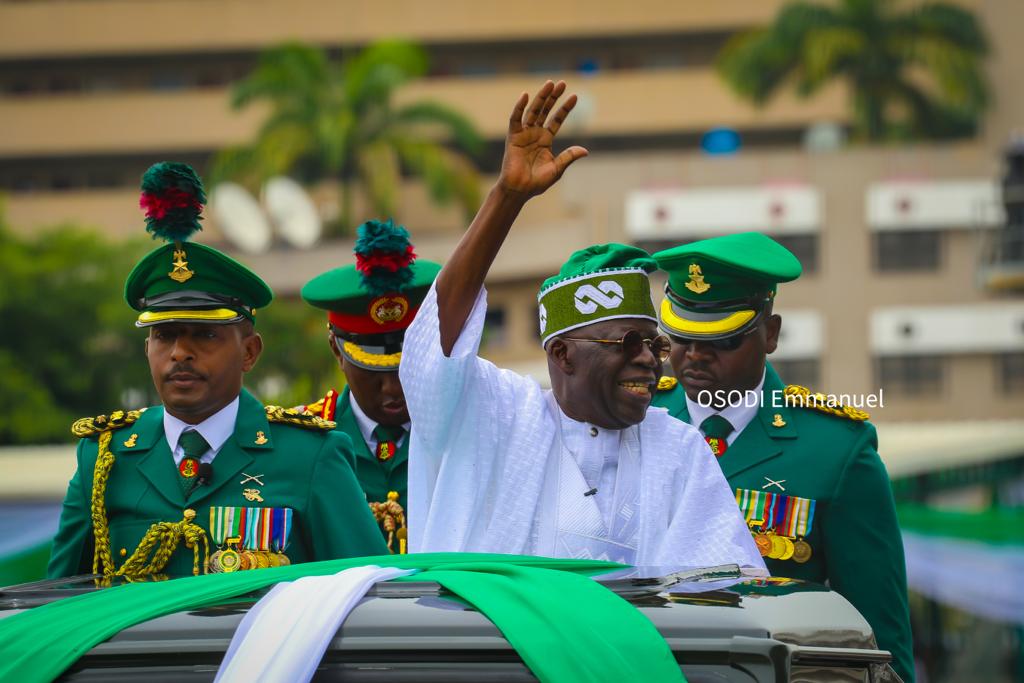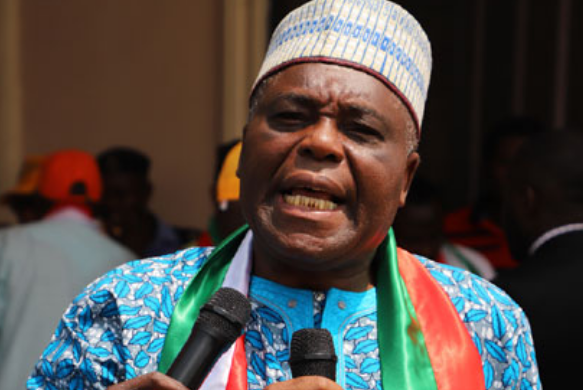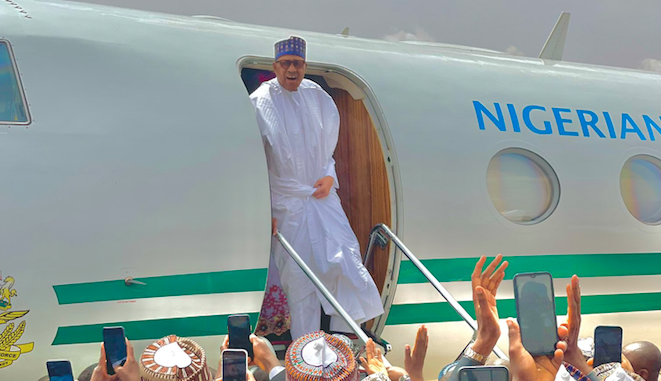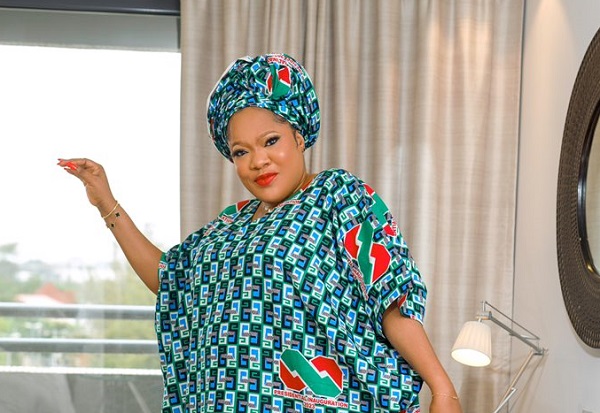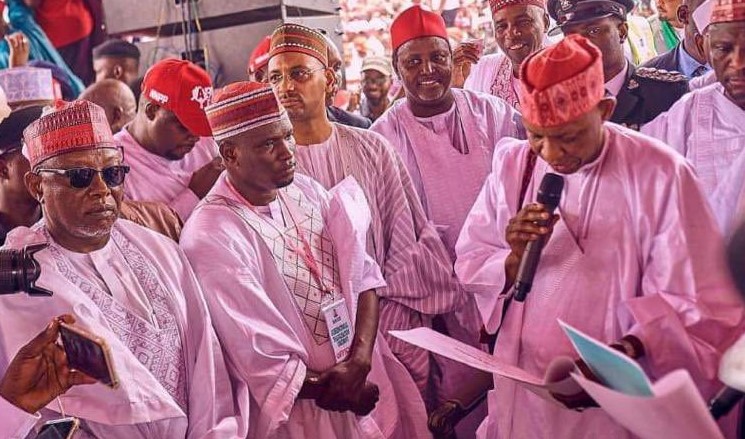On Monday, Bola Tinubu was sworn in as Nigeria’s new president. The shrewd politician succeeds former President Muhammadu Buhari who spent eight years in power and leaves behind a track record of successes as well as shortcomings.
Tinubu had, during his presidential campaigns, consistently promised to improve on his predecessor’s achievements. In his inaugural speech, he highlighted a couple of changes that Nigerians should expect to see in the coming weeks.
Here are ten takeaways from his speech.
DEMOCRACY WILL PREVAIL
Advertisement
Tinubu, addressing a throng of spectators at the Eagle Square in Abuja, promised to run an inclusive government — one that would “heal” the country.
“Our administration shall govern on your behalf but never rule over you. We shall consult and dialogue but never dictate. We shall reach out to all but never put down a single person for holding views contrary to our own. We are here to further mend and heal this nation, not tear and injure it.”
A REMODELLED ECONOMY
Advertisement
“We shall remodel our economy to bring about growth and development through job creation, food security, and an end to extreme poverty. On the economy, we target a higher GDP growth and to significantly reduce unemployment.”
To achieve a robust economy, Tinubu said budgetary reforms which stimulate the economy without engendering inflation, will be instituted.
He said the industrial “policy will utilise the full range of fiscal measures to promote domestic manufacturing and lessen import dependency”.
“Third, electricity will become more accessible and affordable to businesses and homes alike. Power generation should nearly double and transmission and distribution networks improved. We will encourage states to develop local sources as well,” the president added.
Advertisement
JOB CREATION
Tinubu said his administration “must create meaningful opportunities for Nigeria’s youth population.
He pledged to honour his campaign commitment “of one million new jobs in the digital economy”.
“Our government also shall work with the national assembly to fashion an omnibus jobs and prosperity bill,” an excerpt of the speech reads.
Advertisement
“This bill will give our administration the policy space to embark on labour-intensive infrastructural improvements, encourage light industry, and provide improved social services for the poor, elderly, and vulnerable.”
AGRICULTURE
Advertisement
The new president said rural incomes shall be “secured by commodity exchange boards guaranteeing minimal prices for certain crops and animal products”.
Tinubu said a nationwide programme for storage, and other facilities, to reduce spoilage and waste will be undertaken.
Advertisement
“Agricultural hubs will be created throughout the nation to increase production and engage in value-added processing. The livestock sector will be introduced to the best modern practices and steps taken to minimise the perennial conflict over land and water resources in this sector,” the president said.
“Through these actions, food shall be made more abundant, yet, less costly. Farmers shall earn more while the average Nigerian pays less.”
Advertisement
FUEL SUBSIDY
President Tinubu also bemoaned the economic implications of the current subsidy regime and assured Nigerians of its removal.
“We commend the decision of the outgoing administration in phasing out the petrol subsidy regime which has increasingly favoured the rich more than the poor. Subsidy can no longer justify its ever-increasing costs in the wake of drying resources,” he said.
“We shall, instead, re-channel the funds into better investment in public infrastructure, education, health care, and jobs that will materially improve the lives of millions.”
IMPROVED SECURITY
“Security shall be the top priority of our administration because neither prosperity nor justice can prevail amidst insecurity and violence.
“To effectively tackle this menace, we shall reform both our security doctrine and its architecture. We shall invest more in our security personnel, and this means more than an increase in number. We shall provide, better training, equipment, pay, and firepower.
FOREIGN RELATIONS
“Given the world in which we reside, please permit a few comments regarding foreign policy. The crisis in Sudan and the turn from democracy by several nations in our immediate neighbourhood are of pressing concern.
“As such, my primary foreign policy objective must be the peace and stability of the West African subregion and the African continent. We shall work with ECOWAS, the AU, and willing partners in the international community to end extant conflicts and resolve new ones.
“As we contain threats to peace, we shall also retool our foreign policy to more actively lead the regional and continental quest for collective prosperity.
THRIVING INFRASTRUCTURE
Last week, Muhammadu Buhari, former president, said his administration “doubled” Nigeria’s infrastructure stock to gross domestic product (GDP) to over 40 percent.
“We shall continue the efforts of the Buhari administration on infrastructure,” Tinubu said.
“Progress toward national networks of roads, rail, and ports shall get priority attention.”
UNITY
“The south must not only seek good for itself but must understand that its interests are served when good comes to the north. The north must see the south likewise.
“Whether from the winding creeks of the Niger Delta, the vastness of the northern savannah, the boardrooms of Lagos, the bustling capital of Abuja, or the busy markets of Onitsha, you are all my people. As your president, I shall serve with prejudice toward none but compassion and amity towards all.”
UNIFIED EXCHANGE RATE
On recent policies by the Central Bank of Nigeria, the new president vowed to make adjustments that will favour citizens and businesses.
“Monetary policy needs a thorough housecleaning. The Central Bank must work towards a unified exchange rate. This will direct funds away from arbitrage into meaningful investment in the plant, equipment, and jobs that power the real economy,” he said.
“Interest rates need to be reduced to increase investment and consumer purchasing in ways that sustain the economy at a higher level.
“Whatever merits it had in concept, the currency swap was too harshly applied by the CBN given the number of unbanked Nigerians. The policy shall be reviewed. In the meantime, my administration will treat both currencies as legal tender.”
Add a comment
